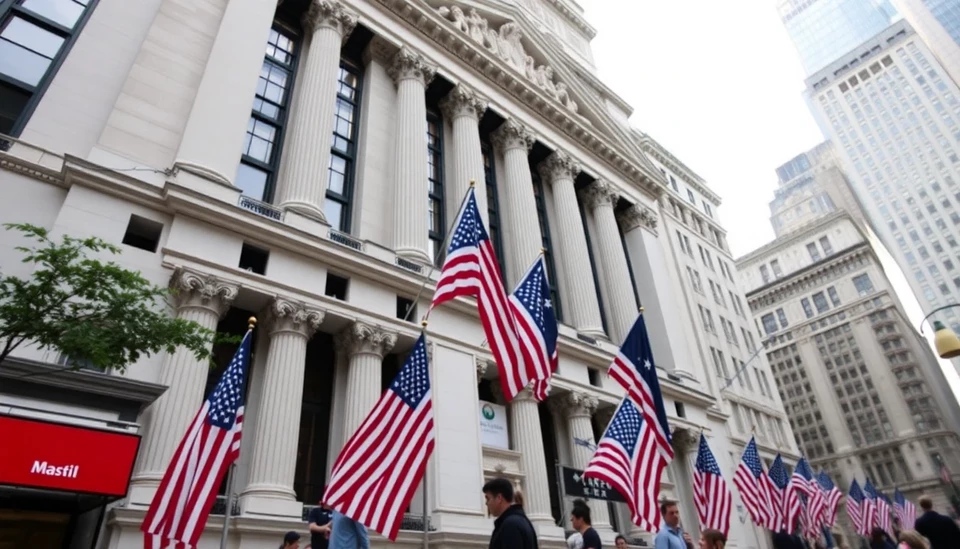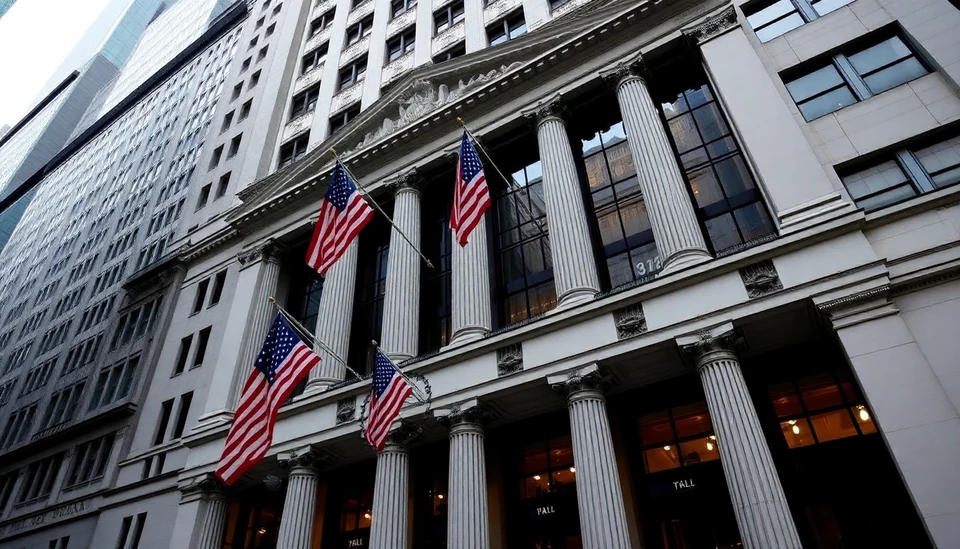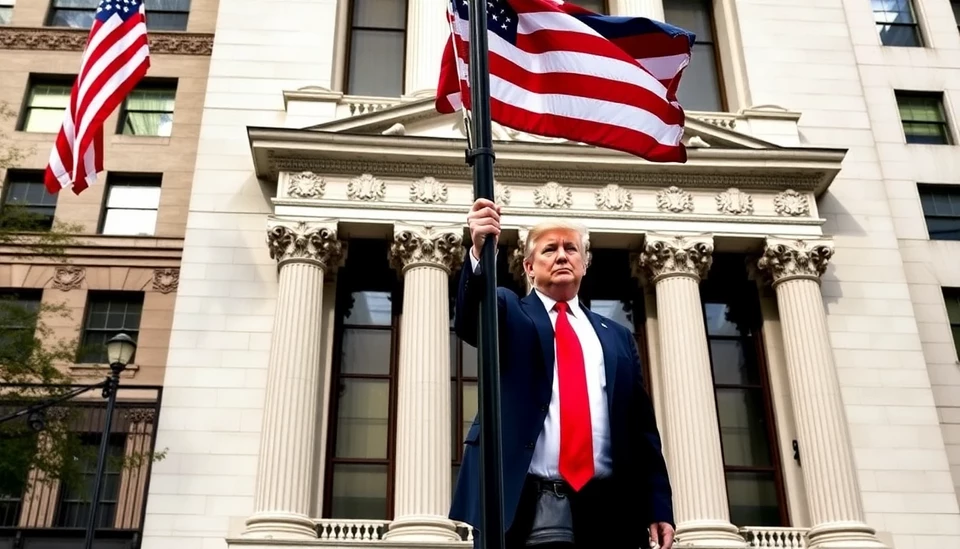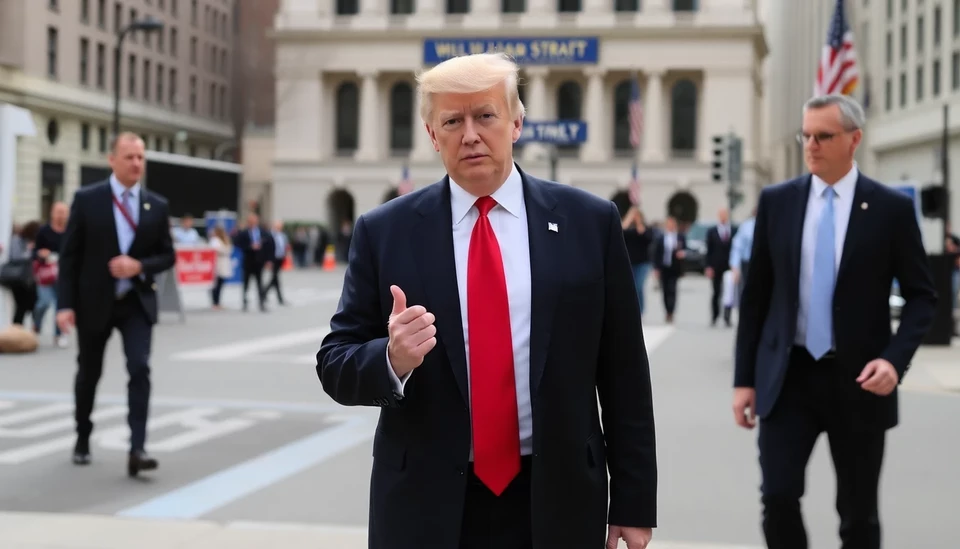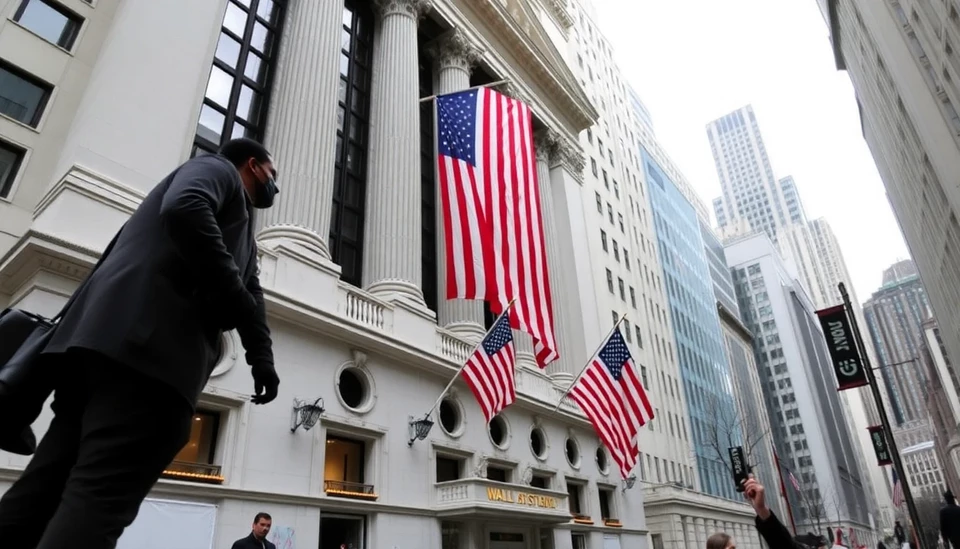
As the ongoing trade war escalates, Wall Street firms are expressing growing concerns over potential job cuts due to a significant slowdown in deal-making activities. The atmosphere on the trading floors is rife with apprehension as the economic ramifications of the protracted trade tensions become more pronounced.
This year has seen a notable reduction in mergers and acquisitions, a traditional barometer of confidence in the corporate sector. Investment banks that once thrived during busy deal-making periods are now facing daunting challenges, leading analysts to predict widespread layoffs within the industry. The downturn is primarily attributed to the uncertainty surrounding tariffs, trade negotiations, and shifting regulatory environments that have left companies hesitant to pursue mergers.
According to recent reports, the value of announced deals has plummeted significantly, with a staggering 45% decrease compared to the previous year. This decline is forcing banks to reassess their staffing needs, as they find themselves unable to sustain the same workforce levels during such stagnant market conditions. Analysts believe that unless a major turnaround occurs in trade discussions, job cuts are almost inevitable.
Furthermore, executives within major banks are already signaling an adjustment in their strategies to cope with the current climate. Many are prioritizing efficiency and are expected to streamline operations, potentially leading to restructuring that could affect thousands of employees. Notably, companies known for their aggressive expansion and recruitment in previous years are now becoming more conservative in their hiring practices.
Market experts have pointed out that the effects of this downturn may not just impact Wall Street firms. As banks start to tighten their belts, the repercussions could be felt throughout various sectors of the economy. Less investment activity has the potential to slow down economic growth, which could have a ripple effect on job markets beyond finance.
As firms anxiously await developments in trade negotiations, many are hoping for clarity that could spur a revival in deal-making. However, as trade tensions remain unresolved, it seems that layoffs could become an unfortunate reality for many finance professionals in the near future.
The industry’s cautious outlook reflects broader concerns about the economic landscape, with many advising that companies prepare for a protracted period of uncertainty. In a climate where capital is becoming increasingly harder to secure, firms are left to grapple with the harsh realities of a slowing market.
With the potential for significant job cuts on the horizon, employees and shareholders alike are keenly watching how these developments unfold. The next steps taken by both government negotiators and financial institutions will undoubtedly have far-reaching implications on Wall Street and beyond.
In conclusion, as the trade war continues to stifle growth and mergers, the financial sector is standing at a crossroads, with job security hanging in the balance. Companies are bracing for a challenging future, and the fear of impending layoffs looms large over the bustling corridors of Wall Street.
#WallStreet #JobCuts #Dealmaking #TradeWar #Mergers #Acquisitions #FinanceSector #EconomicUncertainty #Layoffs
Author: Samuel Brooks
